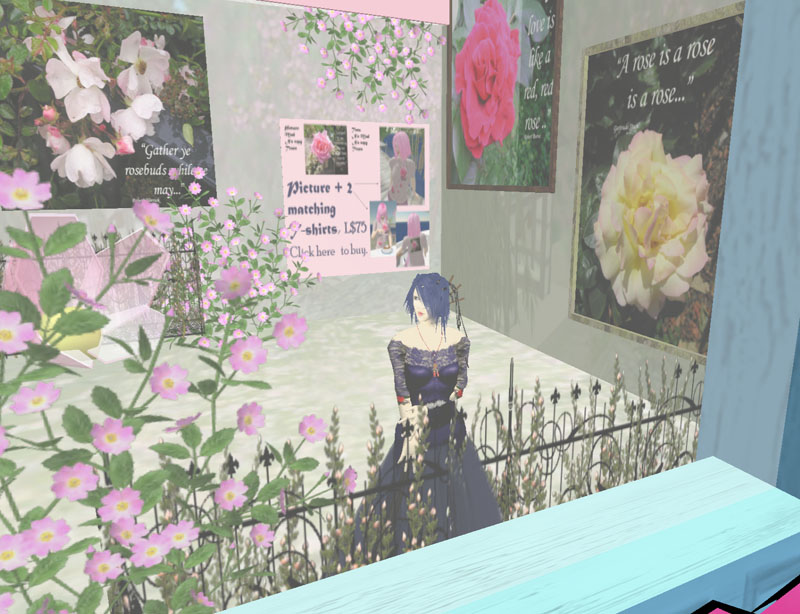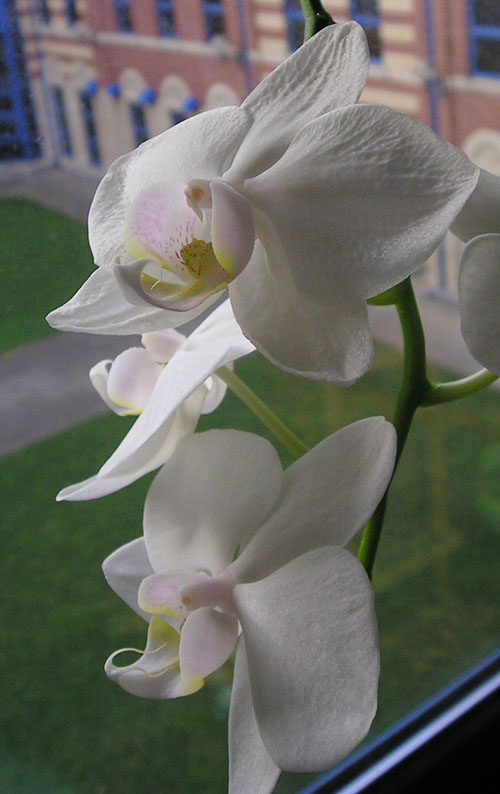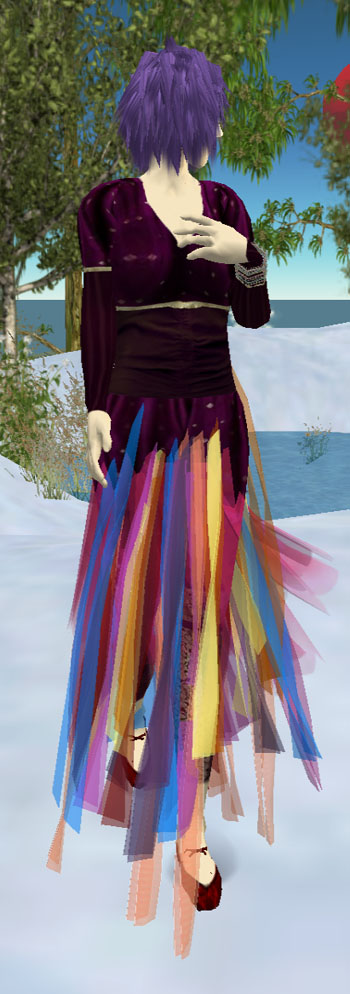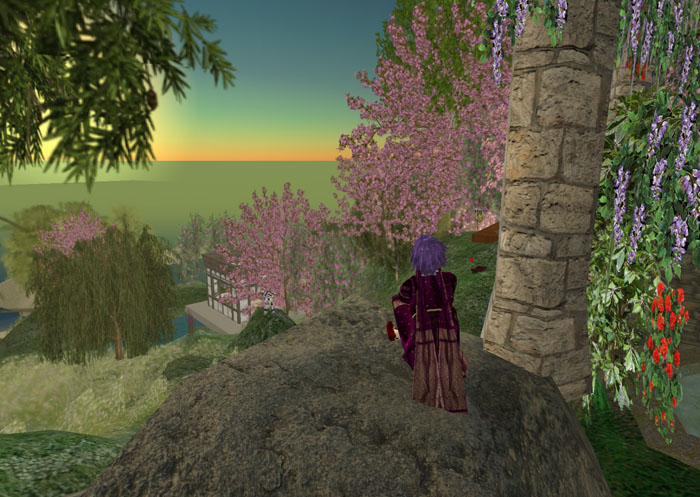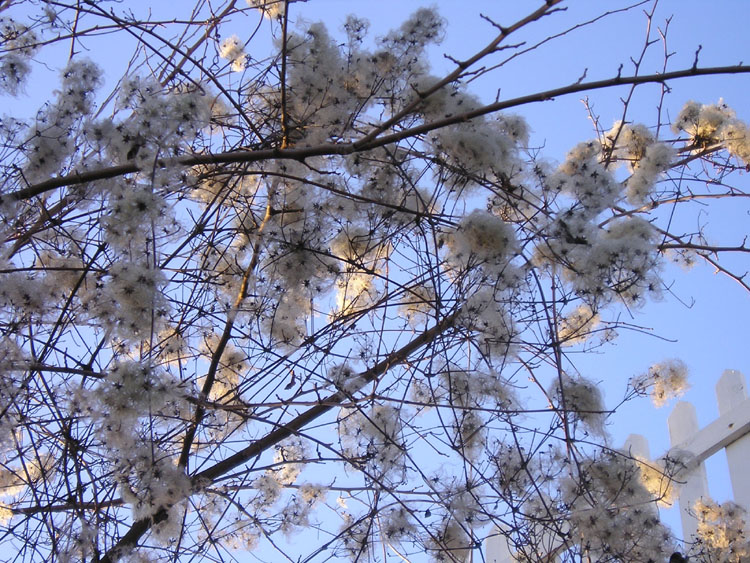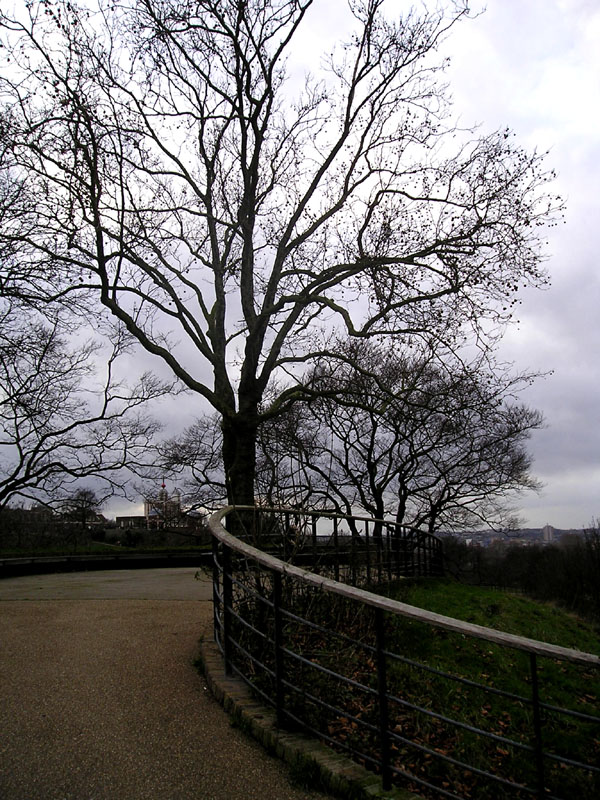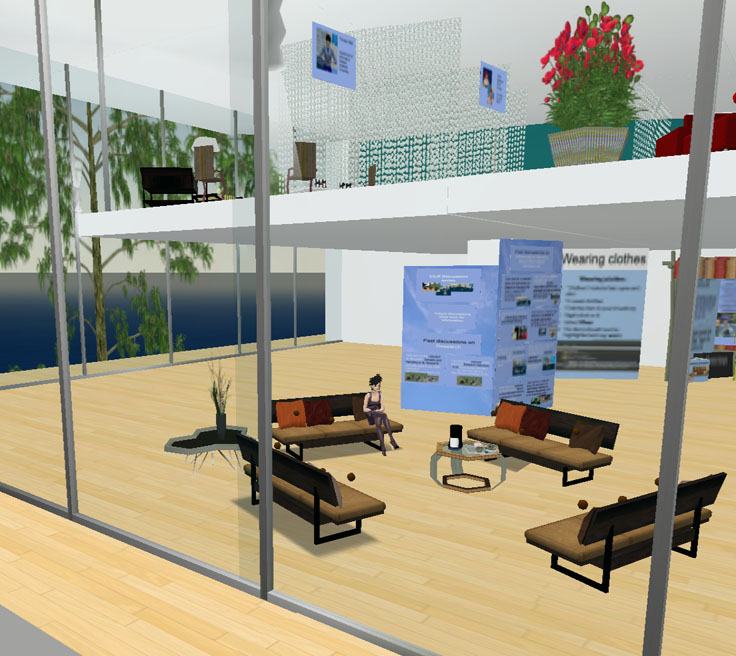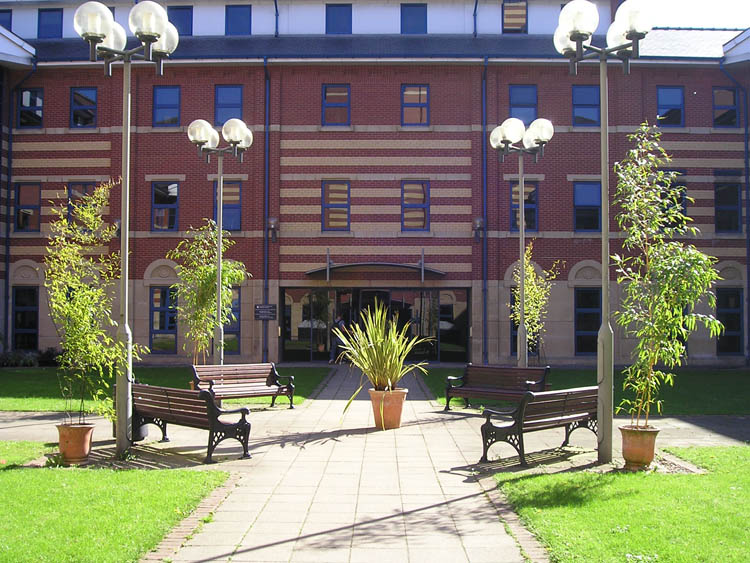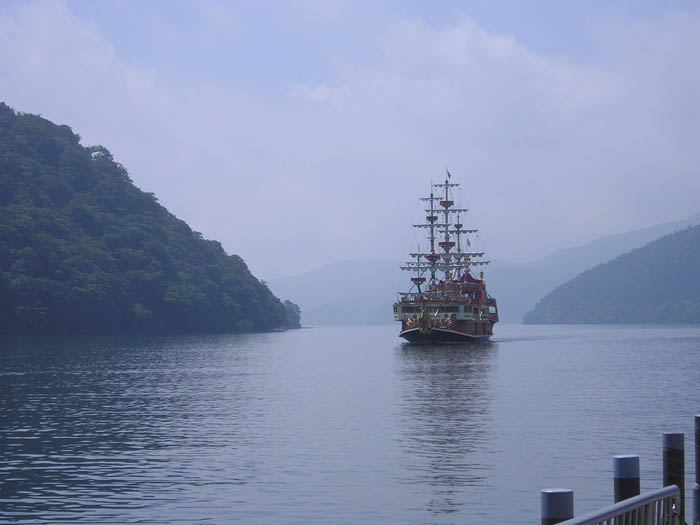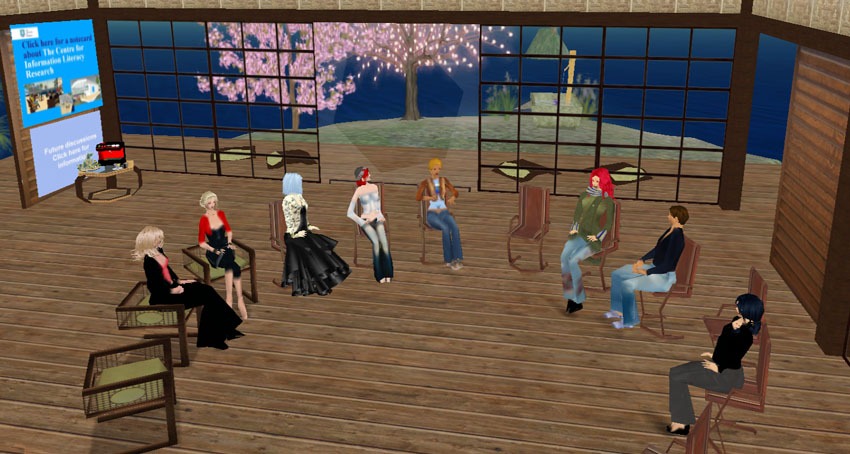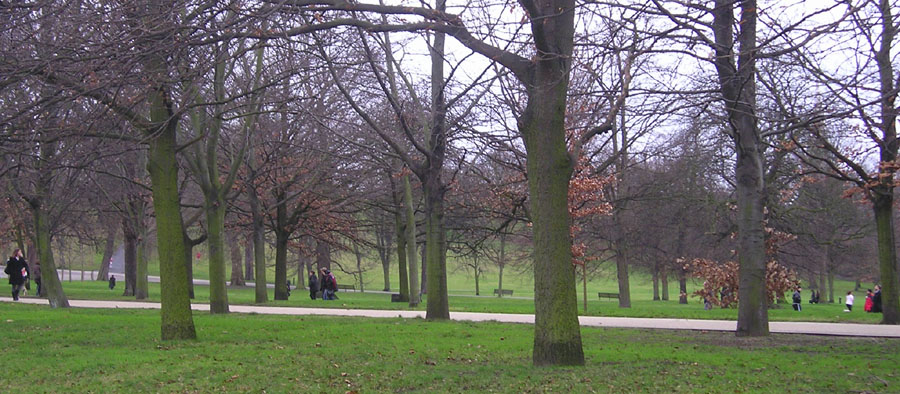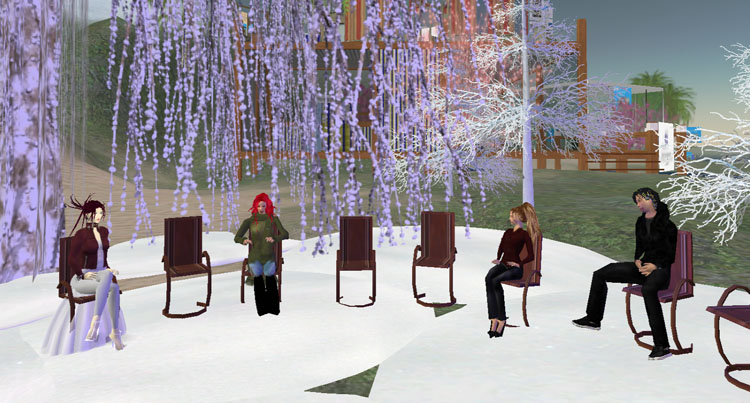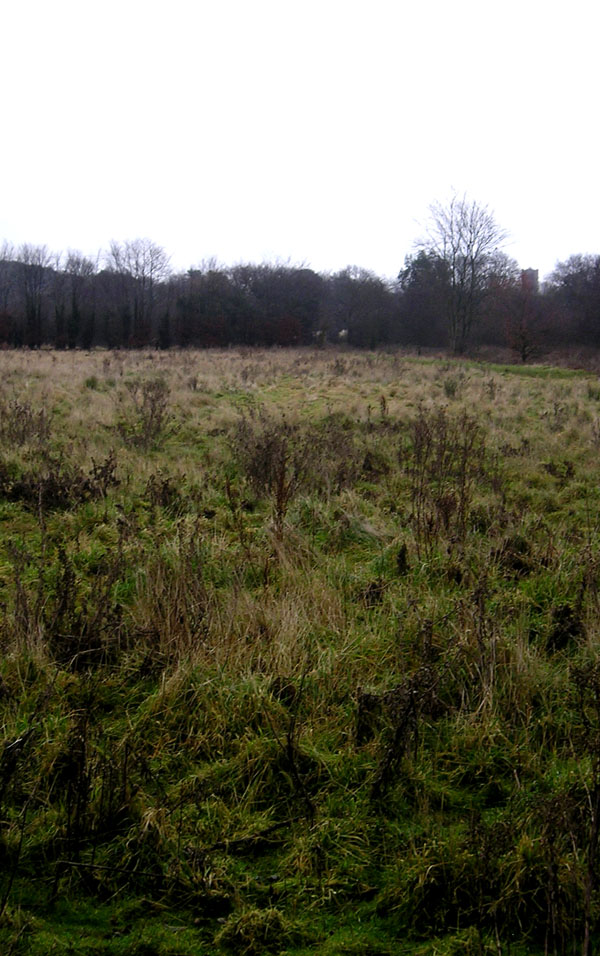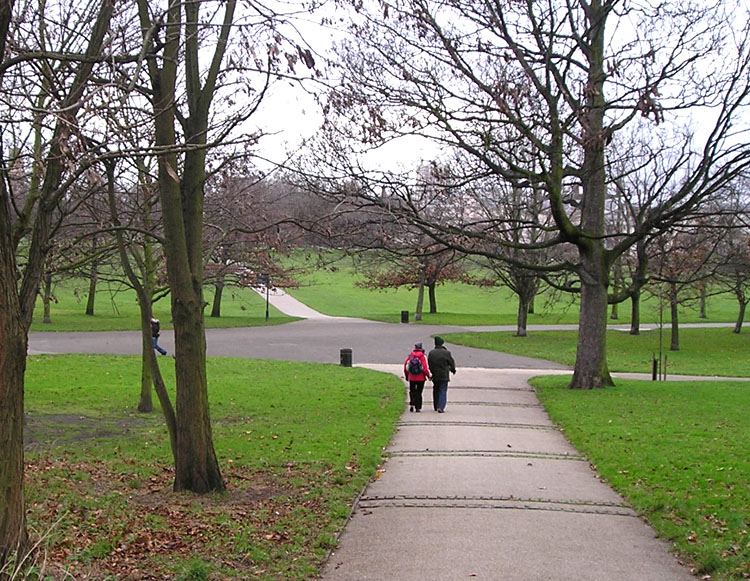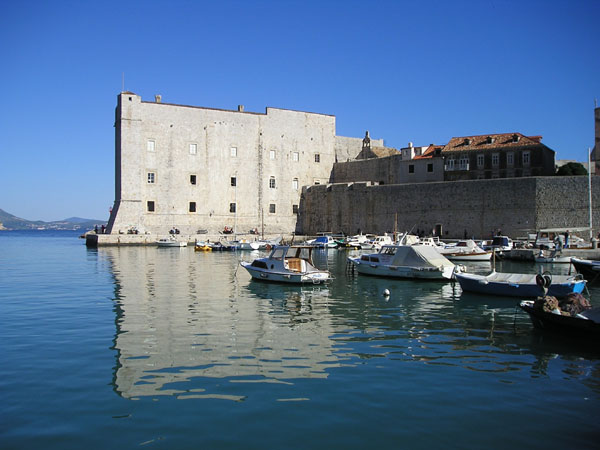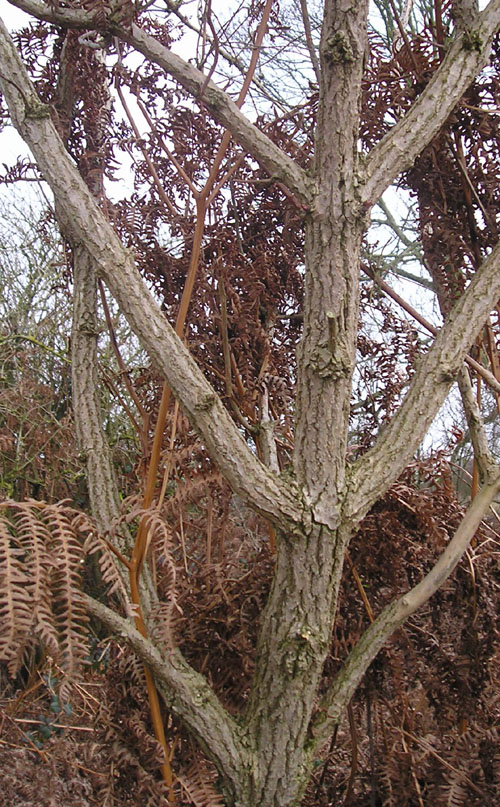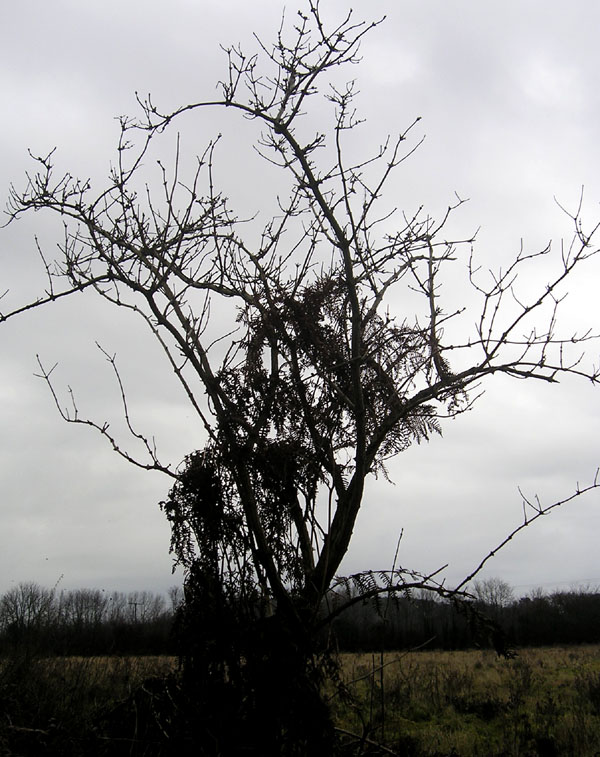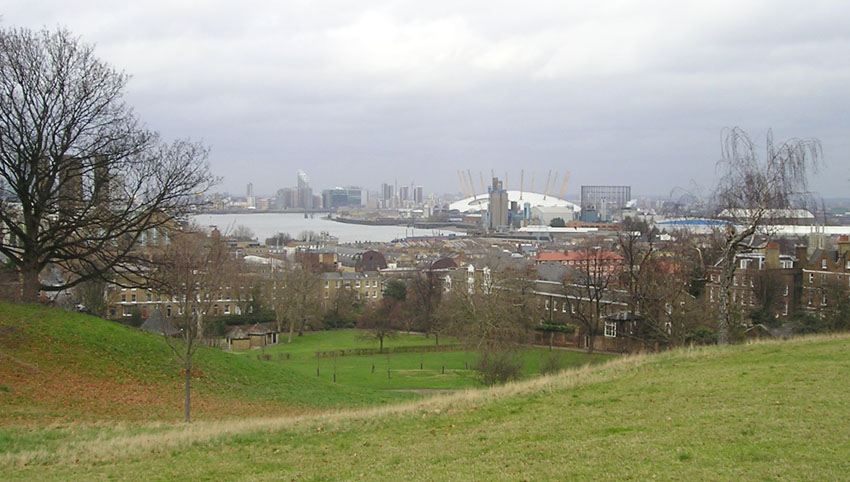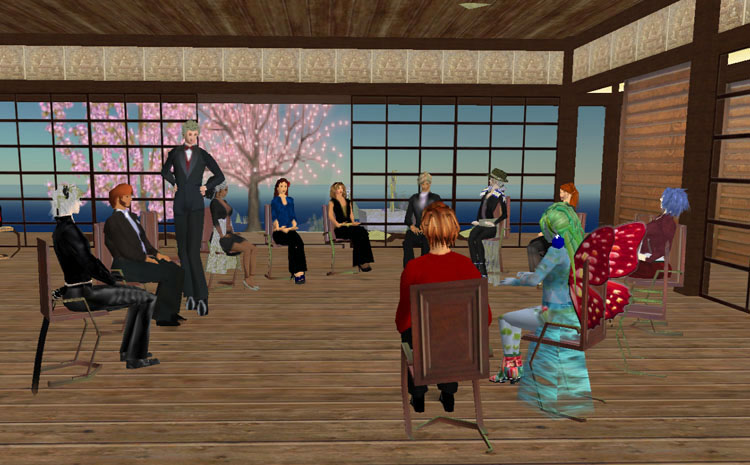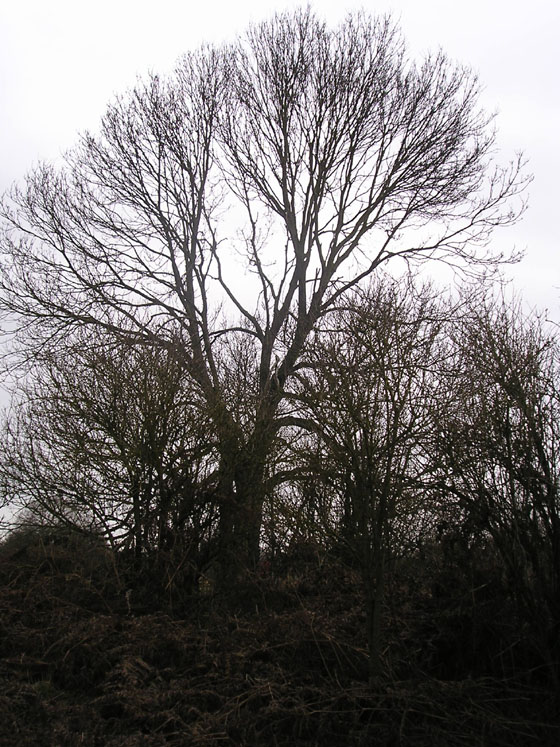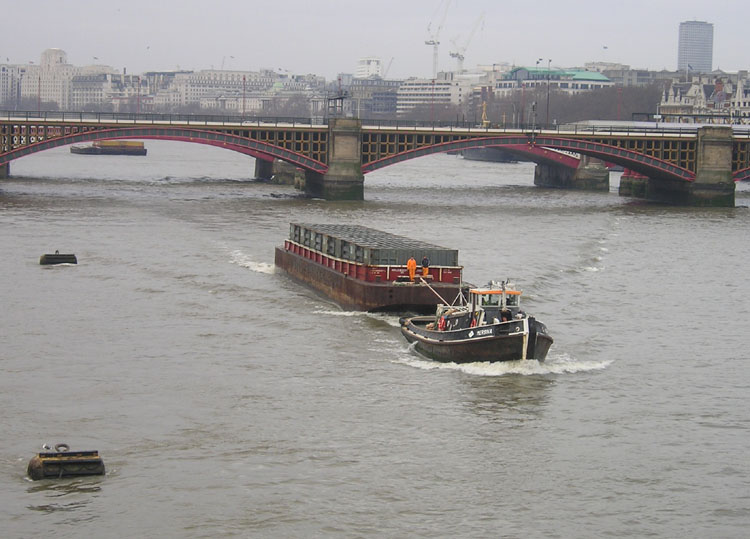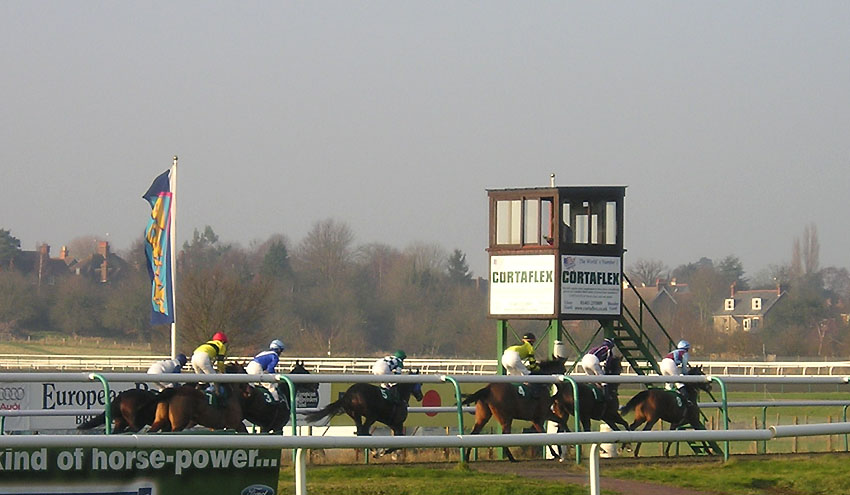
The programme for LILAC 2008, the UK's information literacy conference, is now available at http://www.lilacconference.com/dw/
There is a strong programme with parallel sessions and keynotes, including Patricia Senn Breivik. I will be doing a workshop (twice, if there is demand, on Monday and Wednesday) with Lyn Parker and Vickie Cormie: Out-genning the net generation: Second Life as a learning environment. Also from Sheffield University: colleague Sheila Corrall is co-authoring a paper Librarians as Teachers: the Pedagogical Knowledge and Development Needs of Subject Librarians, Pam McKinney from CILASS is presenting on Information literacy through inquiry. The closing date for delegate booking is February 29th 2008.
Photo by Sheila Webber: White lilac, April 2004
There is a strong programme with parallel sessions and keynotes, including Patricia Senn Breivik. I will be doing a workshop (twice, if there is demand, on Monday and Wednesday) with Lyn Parker and Vickie Cormie: Out-genning the net generation: Second Life as a learning environment. Also from Sheffield University: colleague Sheila Corrall is co-authoring a paper Librarians as Teachers: the Pedagogical Knowledge and Development Needs of Subject Librarians, Pam McKinney from CILASS is presenting on Information literacy through inquiry. The closing date for delegate booking is February 29th 2008.
Photo by Sheila Webber: White lilac, April 2004
